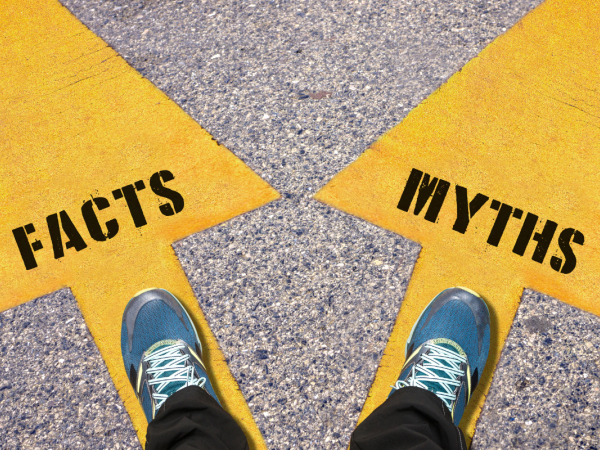Why am I being asked for a VAT number to sell via an online platform?
Online platforms are now required to collect information about certain people selling goods or services through their site, and report it to HMRC. Because of this, they may have changed their sign-up processes (sometimes called ‘onboarding’ processes) and the questions they are asking. Here we help you understand what to do if you are asked for a VAT number.

New international rules are now in place that require online platforms to collect information on the money made by those offering accommodation, transport and personal services through platforms and to report the information to the tax authorities. These rules also apply to those selling goods if they make €2,000 or more and complete 30 or more transactions within a calendar year.
Because the UK has signed up to these rules, online platforms like Deliveroo, Etsy and Airbnb are now required to collect the following information about sellers:
- first and last name
- primary address
- date of birth
- tax identification number (TIN) – in the UK, HMRC’s guidance says that this will normally be a National Insurance Number, although we understand some platforms may be asking for a Unique Taxpayer Reference number instead
- VAT number, if available
- the total amount paid to you for the reporting calendar year
- the number of transactions you received payment for
- any fees, commissions, or taxes withheld or charged by the online platform
- bank account details to which amounts were paid
Reports to HMRC are made annually in January for the previous calendar year. The first reports under the new rules will be filed by the end of January 2025. Where a platform reports your information to HMRC, they should provide you with a copy of the information at the same time.
You can find more about the new requirements on platforms and the actions they have to take by looking at the guidance that HMRC have published for them.
VAT number…?
You will see that a VAT number is listed above. However the platform only needs to collect it, if it is available – that is, if you are registered for VAT.
Most people that provide services and sell goods via an online platform will not be VAT registered and therefore will not have a VAT number. If you are not VAT registered, are trying to sign up to an online platform and are asked if you have a VAT number, you should simply answer no.
All of this means that you should be able to sign up to use the platform with just a National Insurance Number. Please note – the platforms may still call it a tax identification number (TIN) as this is the language used in the international rules. If you get stuck in the sign-up process, or answer yes to the VAT number question by accident and then can’t go back, you should contact the platform’s support centre.
Only businesses with large turnover (sales income), for example over £90,000 a year, need to register for VAT. While it is possible to register to pay VAT voluntarily where you have less turnover, you should think very carefully about doing this. This is because when you’re VAT registered, you’ll need to:
- charge the right amount of VAT on your sales
- pay any VAT due to HMRC
- usually submit quarterly VAT returns
- abide by the VAT record-keeping requirements, including Making Tax Digital for VAT.
You can find more about what registering for VAT voluntarily might mean for you in our guidance. If, after reading this guidance, you decide you want to register for VAT, we would strongly recommend that you seek professional advice and assistance, due to the additional administrative obligations it would place on you.
Other information
Some guidance on the new rules for sellers of services and goods via online platforms can be found on GOV.UK.
It is important to understand that the new reporting rules for online platforms do not change your own personal tax obligations. Whether your activity is reported to HMRC by the platforms or not, you remain responsible for checking whether money you have made is subject to tax and National Insurance contributions. You can find more information in our guidance, including a flowchart that summarises the underlying tax rules if you are selling goods or services.



